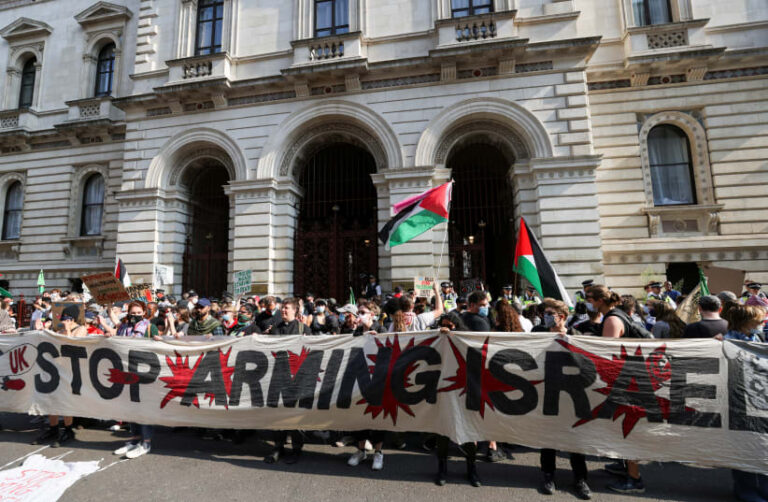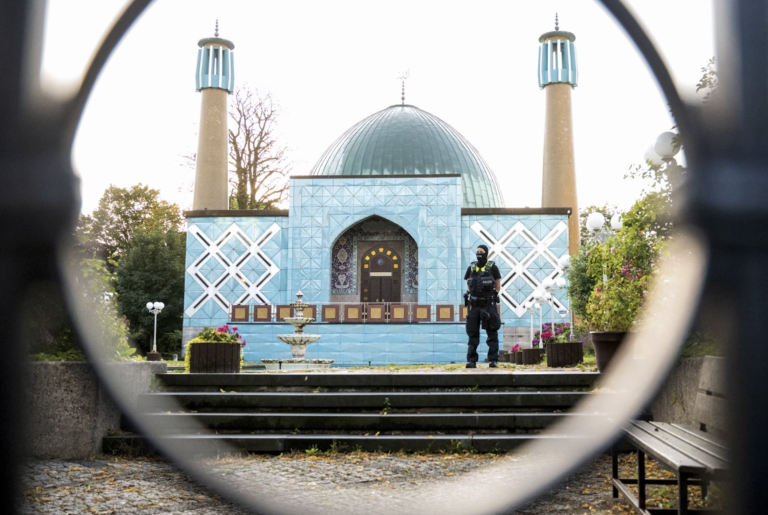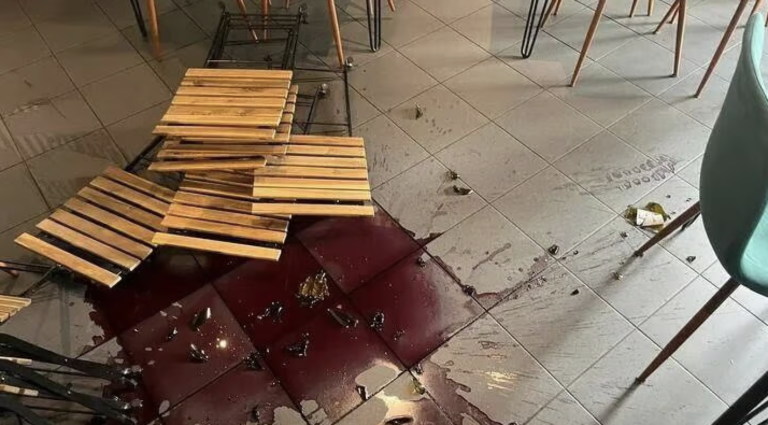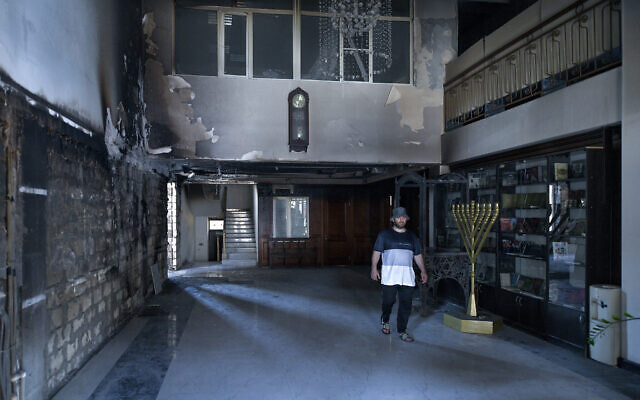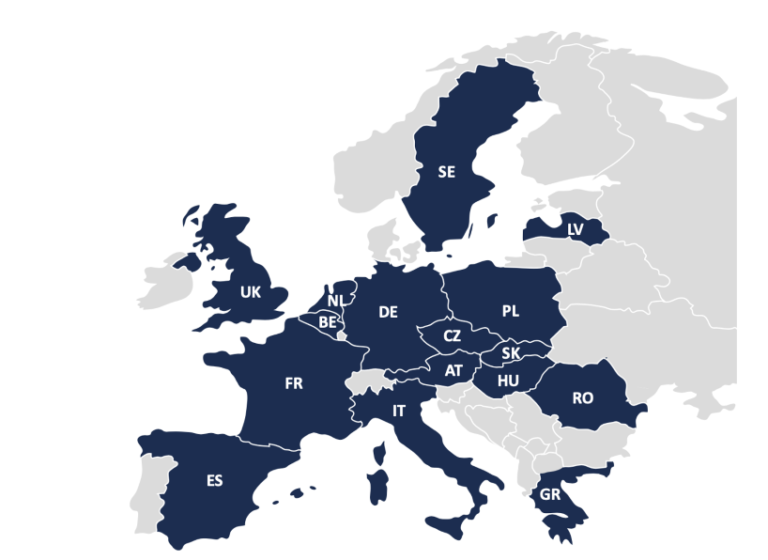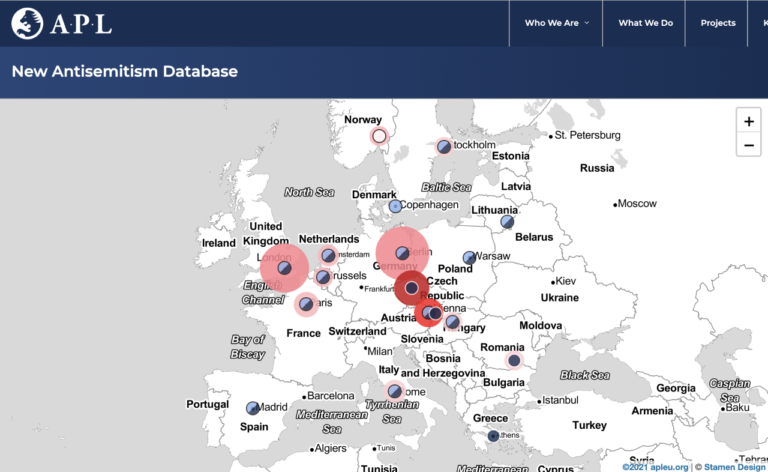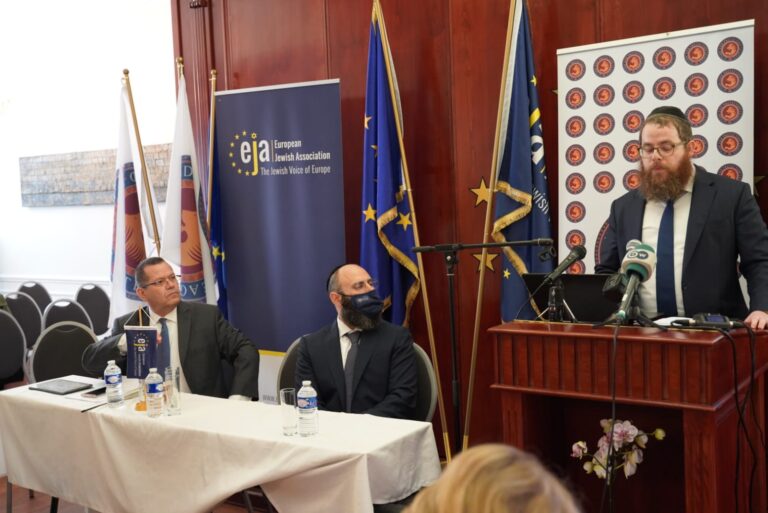Wikipedia, the online encyclopaedia, banned three editors accused of distorting articles related to the Holocaust. However, the platform stopped short of taking more aggressive action in response to allegations of widespread Holocaust distortion on the site.
Wikipedia has banned three editors from working on articles related to Jewish history in Poland during World War II after Wikipedia’s Arbitration Committee, or ArbCom, a panel of elected editors known as Wikipedia’s Supreme Court, opened a case in February, reports The Jerusalem Post.
The investigation was a response to an academic study about a group of editors who introduced content that absolves Poland of blame for antisemitism and Jewish suffering during the Holocaust, in line with the ultranationalist view prevalent in the country.
The proceedings started with an evidence-gathering phase, after which the 12-member committee finally decided to ban the accused authors from editing articles related to the Holocaust. However, neither of the alleged distortionists received a complete ban, and all three can appeal their bans in a year.
The decision was handed down on May 20. However, the online encyclopaedia has not taken a step further to take firmer action in response to allegations of widespread Holocaust distortion on the platform.
In keeping with Wikipedia’s accountability framework and to the dismay of the study’s authors, the committee didn’t take a position on the underlying dispute over Polish antisemitism and complicity with the Nazis; instead, they merely concluded that the editors did not adhere to the community’s code of conduct.
According to Shira Klein, one of the authors of the study which triggered the investigation, the committee’s conclusion “entirely missed the mark,” explaining that by avoiding the issue of historical truth and focusing on civility, Wikipedia sent a clear message: “There’s no problem with falsifying the past; just be nice about it.” Klein believes the problem is not with the committee itself but rather the lack of an appropriate mechanism to address propaganda efforts. She said consulting professional historians should be part of the solution.
